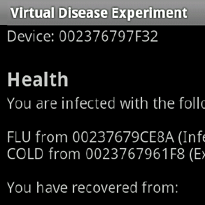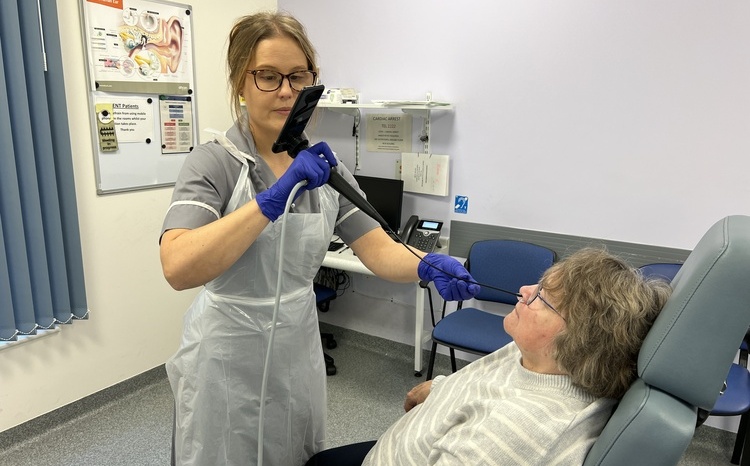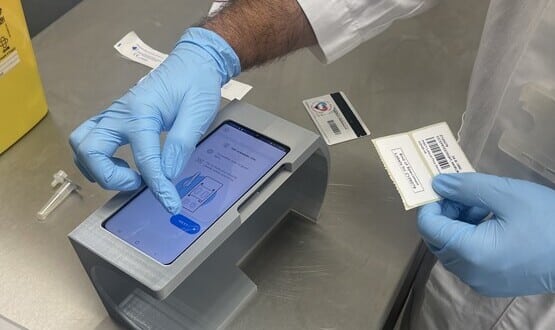Cambridge spread ‘flu’ through phones
- 10 May 2011

Cambridge University researchers have developed software for mobile phones to ‘infect’ others to simulate the spread of flu.
Last summer researchers carried out a ‘FluPhone’ study with about 100 participants within the university.
The study involved an application being loaded onto mobile phones and people carrying it with them during their day-to-day activities.
The software periodically searched for other nearby phones using Bluetooth, recorded the information, and sent it back to the research team via the cellular phone data service.
It was intended to enable understanding of how often people congregate into small groups or crowds and how fast diseases could spread within communities.
Researchers are now analysing the data and expect to present results in the coming weeks.
However, the study is now being taken a step further with an extended function – ‘Virtual Disease’.
When a participant’s phone becomes infected, they will receive a message stating whether they have been ‘infected’ with flu, cold, SARS or the baseline disease.
It will also simulate infection states, the probability of infecting others, duration of infection and notes when a participant recovers from a disease.
The initial software was written for use on Nokia phones. However, Dr Eiko Yoneki, co-principal investigator of the study, said it soon became necessary to include other devices.
“We also added Android for use on Google phones, because if you want to do an experiment at Cambridge lots of students have smart phones.”
She said the next challenge is to adapt the software for use on iPhone. “We want to incorporate and expand more phones, and then probably expand in some way to iPhones – but the iPhone is a very restricted model.”
“The software is written in a flexible way we just need to include a little bit of extension…we just need to verify if it works or not on a different model, we’re targeting what’s the majority and the way the market is moving.”
The program is designed to run in the background without affecting the way phones operate. The second part of the study is expected to be resumed this autumn.




